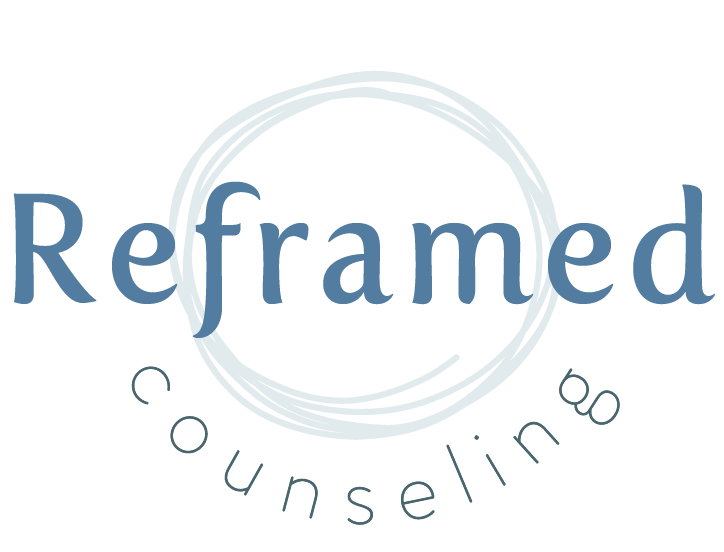People Hate Self Care: Lets Look at it Differently
Short blog off the perinatal topics but still very much related. Lets talk self-care. As a therapist, trainer, and consultant, I have heard every reason why self-care and coping are not effective for someone. Most are the same underlying beliefs: it takes too long, it doesn't work, they don't have time, or they don't know how. I call this distorted truth. It's true, if you think coping is an hour-long bath a day or having to take space from a child who is too young to take space from or is just breathing. It's distorted, because that is not what coping is supposed to be.
There are tons of resources out there for things like meditation, grounding, breathing, thought-stopping, and other techniques that target the body, brain, and/or emotions of a person. In another blog, I think it's important to dispel myths (my favorite being "breathing doesn't work." It doesn't work if you think it will change your emotional mood right away, but it does something powerful to the body, and people often confuse coping as mood-based only). But for now, I want to just provide simple education. The aforementioned strategies are not the ONLY or even the most simple ways to cope or start self-care.
Coping, at its core, is about creating a sense of empowerment and agency to recognize, accept, and then, as needed, alter your own experience to match what you need in the current moment/situation. As someone who, if you can't yet tell, is about teaching the process rather than “what to do,” this is exceptionally important for me to help people understand.
If you want to change your life and that of your family/partner/children, start here. Practice this simple, yet very hard-to-master, process regularly. Tune in to your feelings (thoughts, emotions, body sensations). Accept that they exist and that it's okay. It's the reaction, or potential reaction, to them that is often the source of challenge, not the experience itself. Then consider one thing that takes one second and may shift your thoughts, feelings, or body sensations in a way that's more helpful for the current situation. That is coping and self-care. [For trauma survivors, I will add a caveat eventually we want to tease out if the reaction is based on the present or past but that is for another blog.]
For example: As I write this, I am mentally overloaded with thoughts of the upcoming birth, holidays, and the mental load I carry, which my husband does not seem to carry. I could easily snip, nag, and snap at him. Instead, I quickly tuned in to my feelings (resentment, frustration, overwhelm) and body sensations (tense) and thoughts (blaming and shaming him in my head and listing every single thing I have to do that he hasn't thought of). This took probably 20 seconds. Then, I thought of one way to cope. I wrote down two, okay, like twelve, angry sentences on my phone to text him. An unfiltered brain dump of all my feelings and thoughts. I then deleted it and replaced it with a list of two things he could do to help me with that load, which took maybe 45-60 seconds. Why? Because those thoughts were not helpful, healthy, or going to change anything. I coped by getting them out in a healthy way, then changing the pattern by requesting help and connection. My body sensations were not so strong that I needed to, but if I did, I would have done some breathing or fist-tightening.
Another quick example: Fighting in the car is a major trauma trigger for me. When my kiddos are already showing signs this car ride may be yelling at each other I pack my conduction headphones. This allows me to hear them but also tune into a podcast, song, meditation or mantra. I then can ignore the behaviors and react/respond in a safe and healthy way if intervention is truly required. I turn them on when I feel my body getting hot and tense , my thoughts screaming “stop,” and my emotions distressed.
Do this OVER and OVER and OVER every day, and you will find a BIG change. The hardest part is getting over the fact that the not-so-healthy coping feels so GOOD and works well at first (I know writing those twelve sentences felt amazing, and sending it probably would have felt great for a moment too). Not to mention our own pride (why should I have to…), lack of motivation (it's harder than what pattern you’re used to), and lack of practice (learning is uncomfortable and change isn’t easy).
It’s worth it though! Life-changing, truly.
